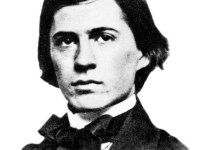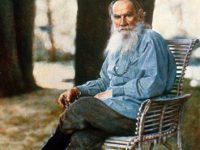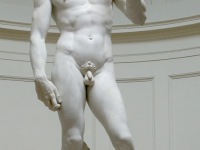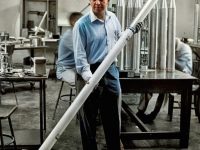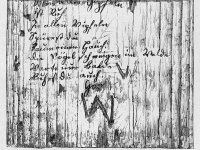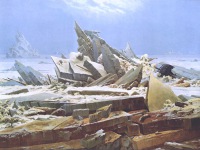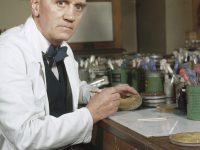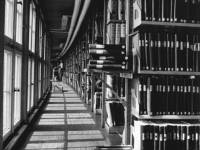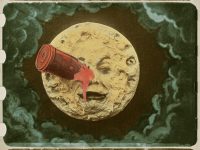Charles Sanders Peirce – One of the Founders of Semiotics
On September 10, 1839, mathematician, philosopher and logician Charles Sanders Peirce, the founder of philosophical ‘pragmatism’ was born. “Few persons care to study logic, because everybody conceives himself to be proficient enough in the art of reasoning already.” — Charles Sanders Peirce, [10] Studying Kant’s Critique of Pure Reason Peirce was born in Cambridge, Massachusetts, the second of five children of Sarah and Benjamin Peirce (1809-1880). His father was professor of astronomy…
Read more

